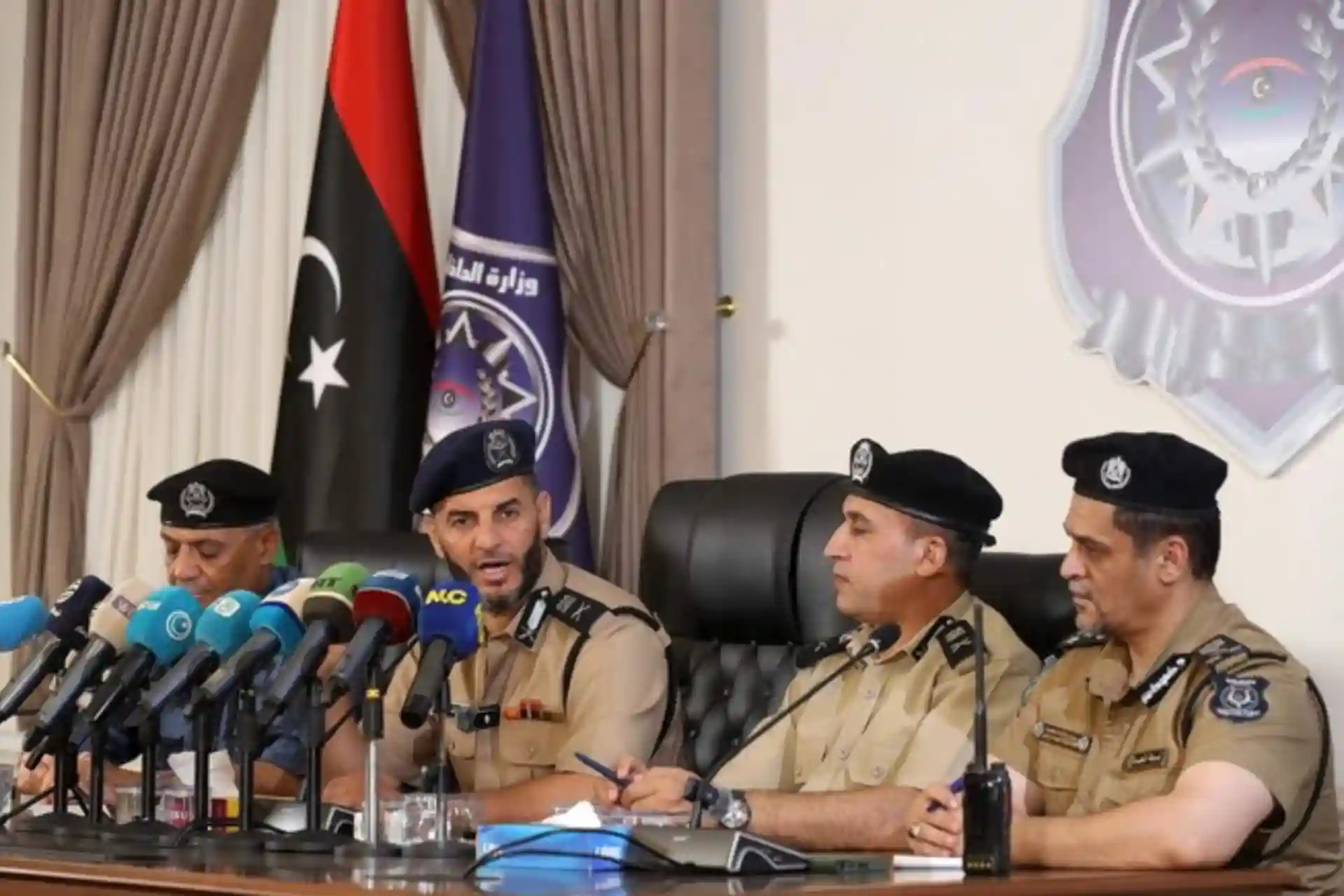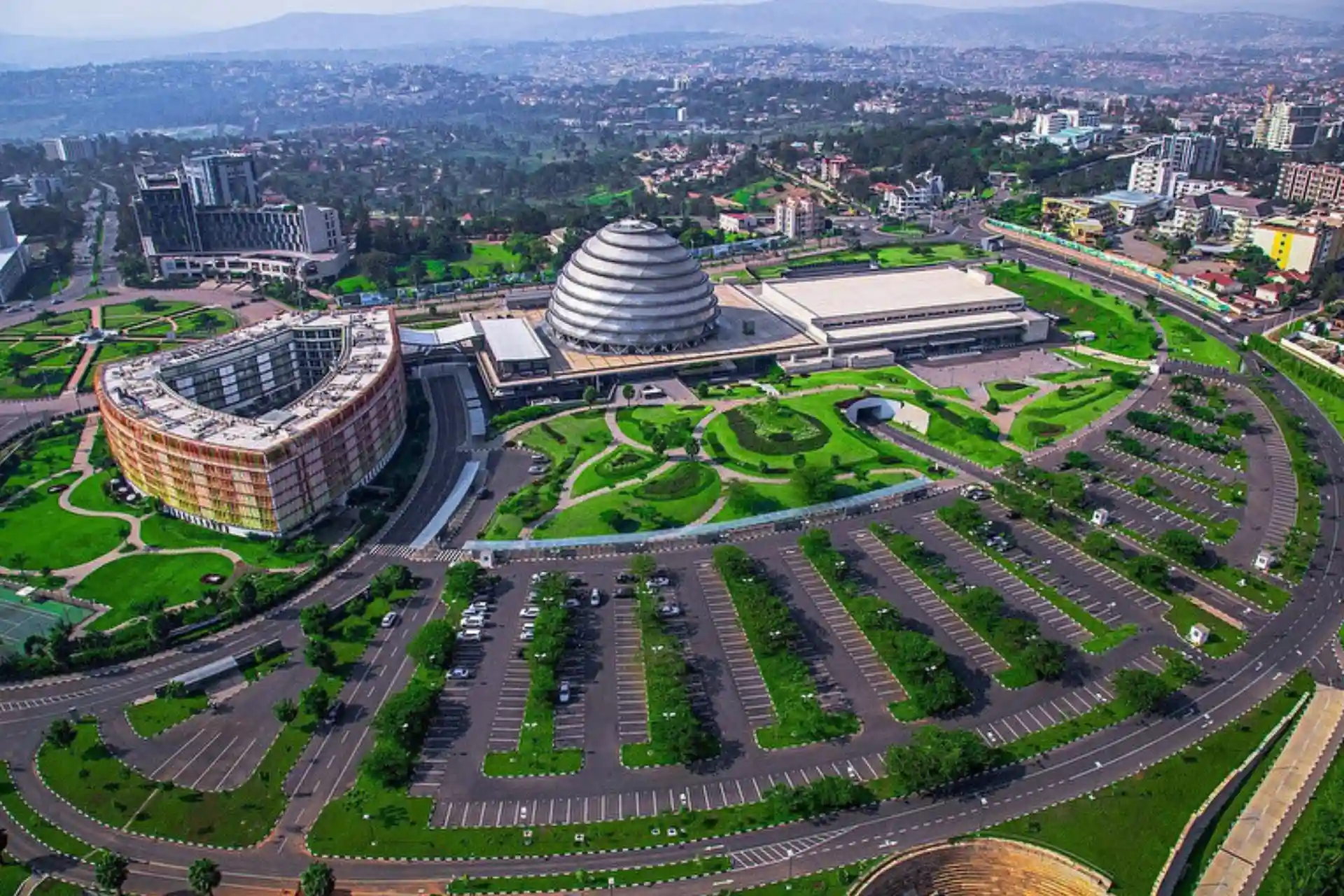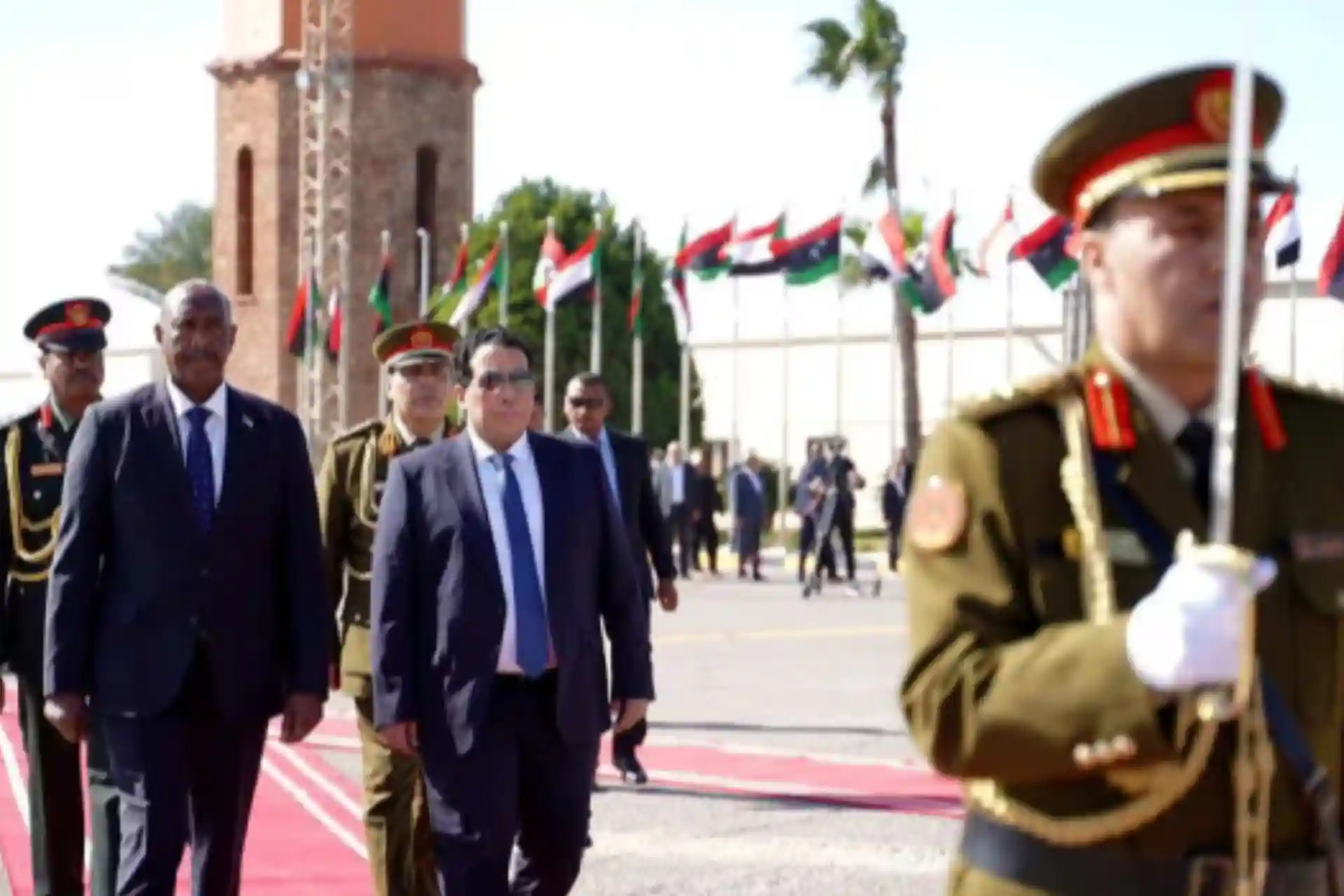In Libya, armed groups and the government have agreed to secure Tripoli
The situation in Libya has worsened in the last two months. Armed clashes took place near the capital Tripoli, and armed individuals who demanded the resignation of Siddique Al-Kabir, who has been in charge of the Central Bank for 12 years, attacked the Central Bank headquarters. Under the pressure of the international community, the parties agreed to ensure the security of important government offices in Tripoli. The country is currently divided between the UN-recognized government of Abdulhamid Dbeiba and military leader Khalifa Haftar, who controls the east.
Libya's armed groups and the official government have reached an agreement to secure critical infrastructure in the capital, Tripoli, the country's interior minister said on Friday, after the UN expressed concern over recent hostilities and a crisis over the country's central bank.
Longtime dictator Muammar Gaddafi of the North African country of 6.8 million people was toppled in 2011 following a NATO-backed uprising.
The country is currently divided between the UN-recognized government of Prime Minister Abdulhamid Dbeiba in the capital, Tripoli, and a rival administration in the east backed by military leader Khalifa Haftar.
"In coordination with the Ministry of Defence, we have consolidated all security services in Tripoli and reached an agreement to protect airports and land borders, as well as government (institution) headquarters in the capital," said Imad Trabelsi, interior minister of the UN-recognized government.
Armed groups and security services have "expressed their immediate readiness" to implement the agreement, he added.
"Within 24 hours, we will secure all government buildings, including the building of the Central Bank of Libya," he added.
Siddiq Al-Kabir, who has been managing the bank since 2012, was criticized by people close to the prime minister on the issue of Libyan oil resources and the state budget.
On Tuesday, acting head of the UN political mission in the country, Stephanie Khouri, told the UN Security Council that "the situation in Libya has deteriorated sharply in the last two months, and there have been clashes with armed groups around Tripoli."
The United Nations Mission (UNSMILL) on Thursday called on the parties to exercise restraint and expressed serious concern over "reports of the deployment of forces in Tripoli, including threats to use force to resolve the crisis surrounding the Central Bank of Libya."
On Thursday evening, the US embassy also said that the tension around the bank has increased, and that an attempt to solve the issue by force will affect the integrity of the organization and its position in the global financial system.
About two weeks ago, several dozen people, some armed, gathered outside the bank's headquarters and demanded Kabir's resignation.
And last Sunday, the bank's IT director was briefly kidnapped by an unknown group, forcing the institution to shut down until he was released.



